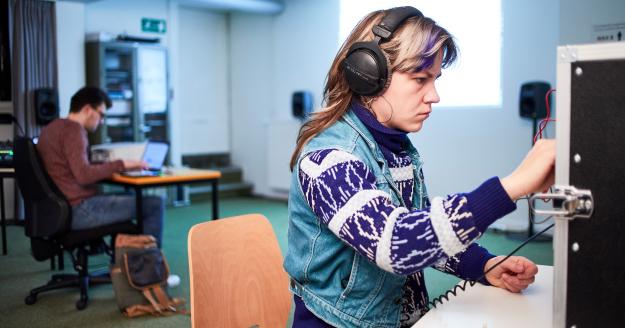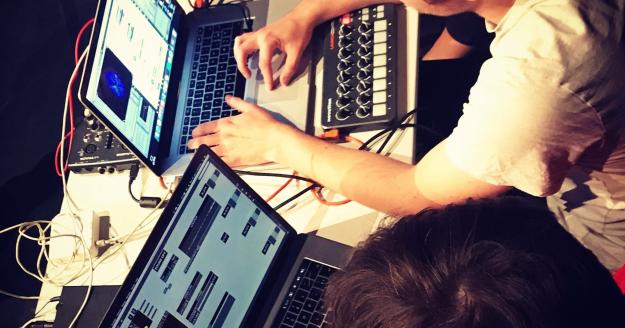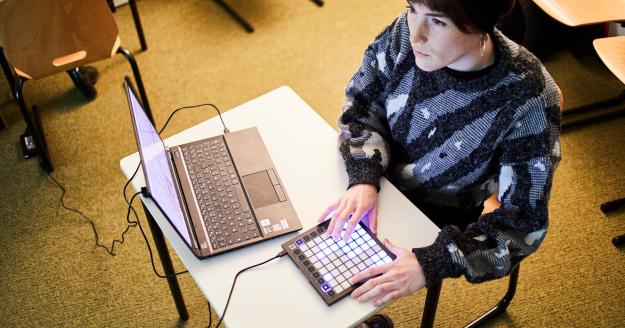
Music and Technology
Discover Music & Technology!
A new programme at the KCB since 2018-2019!
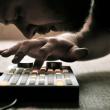
Benjamin Van Esser
Benjamin Van Esser is an electronics performer, software developer, pianist, composer and improviser, mainly active in contemporary and experimental music. He also works as a researcher and professor at the Koninklijk Conservatorium Brussels (KCB). He is behind the 'Music & Technology' programme, as coordinator and co-founder (2018). He also teaches piano and composition at the Kunstacademie Zaventem.
Benjamin's artistic work manifests in various forms. As a composer, he has received commissions from organizations such as Transit Festival, Festival Voorwaarts Maart, Musica, and ensembles like Nadar Ensemble, I Solisti, ChampdAction, as well as various directors and choreographers. Driven by his hybrid performance practice, where piano and electronics converge, Benjamin has developed numerous music programmes and plugins, including Ultomaton, Control, bve.devices, and Upshot, a modular patch environment hosted in Cycling 74’s Max Package Manager.
Despite a wide range of idioms, there is a clear Leitmotif in Benjamin's work: metric ambiguity. In his compositions, improvisations, and software, he explores possibilities related to a 'trompe-oreilles' effect concerning the parameter of 'time.' His research on the performance practice of computer musicians incorporates this phenomenon and focuses on the execution of these processes and the communication models they establish between performer and audience.
Contact Benjamin:
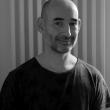
Roel Das
After a brief career as an electronics engineer, Roel Das retrained as a musician. He currently works as a sound technician and electronic musician for renowned ensembles, overseeing sound direction, recordings, and electronics for performances and creations by various contemporary composers on both Belgian and international stages. Additionally, Roel is active as a composer, arranger, and copyist. He constructs electronic instruments, develops sound installations, and serves as a sound designer.
Contact Roel:

Igor C Silva
Born in Porto, 1989, and currently living in Amsterdam, Igor C Silva is a composer devoted to electronics and new media music, creating projects where performers and computers make many noisy and psychedelic things happen on stage, creating a multi-sensorial experience. Silva works regularly with ensembles, performers and orchestras, receiving many commissions from ensembles and festivals, and publishing several recordings with his music.
Igor C Silva also works regularly with soloists, ensembles and jazz groups, devoting part of his musical and composing activity to improvisation and interactive performances with electronics and multimedia tools.
Contact Igor:
Any question?
For more information on this programme you can contact the student administration via secretariaat.kcb@ehb.be.


